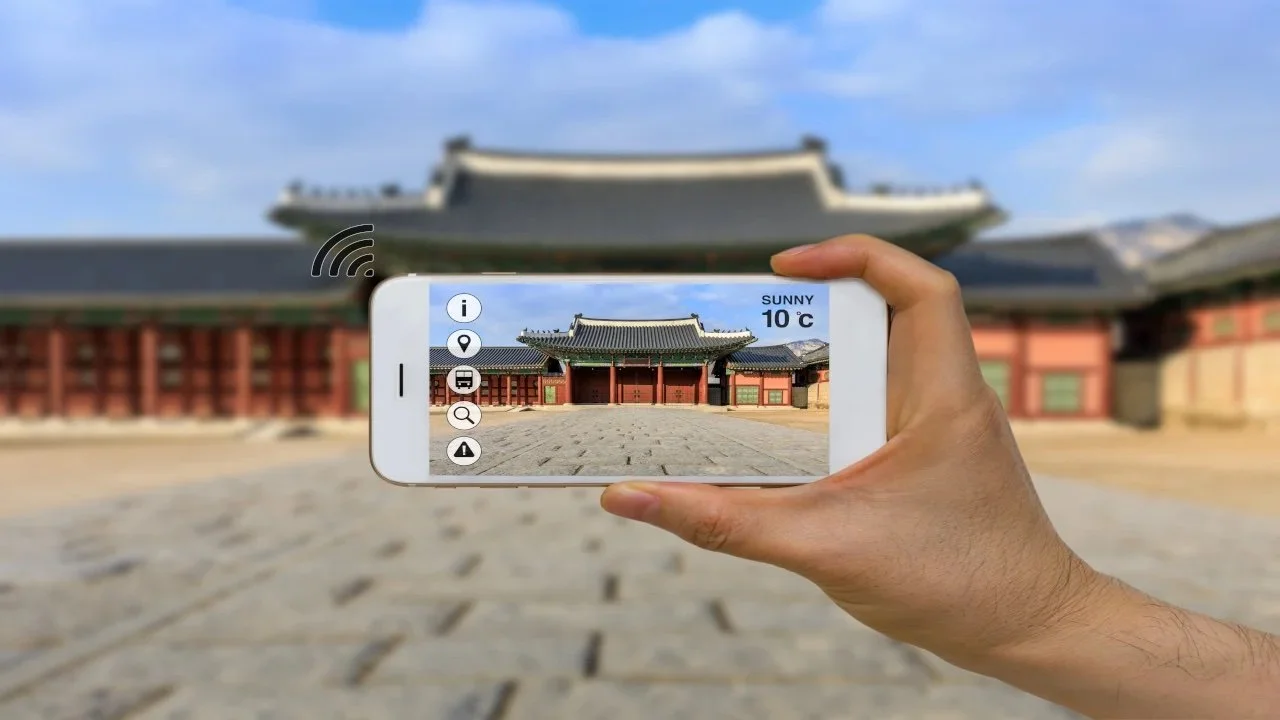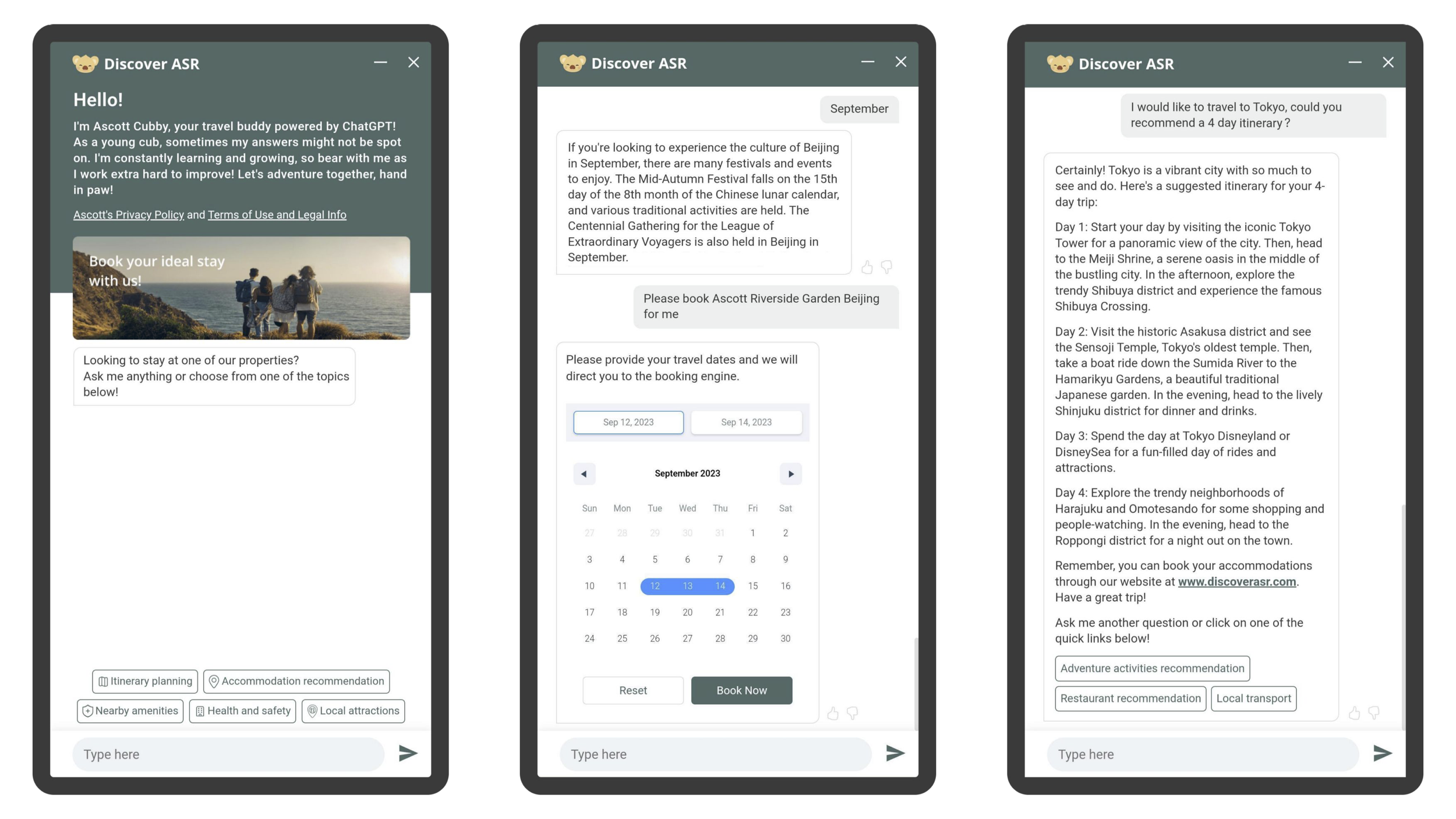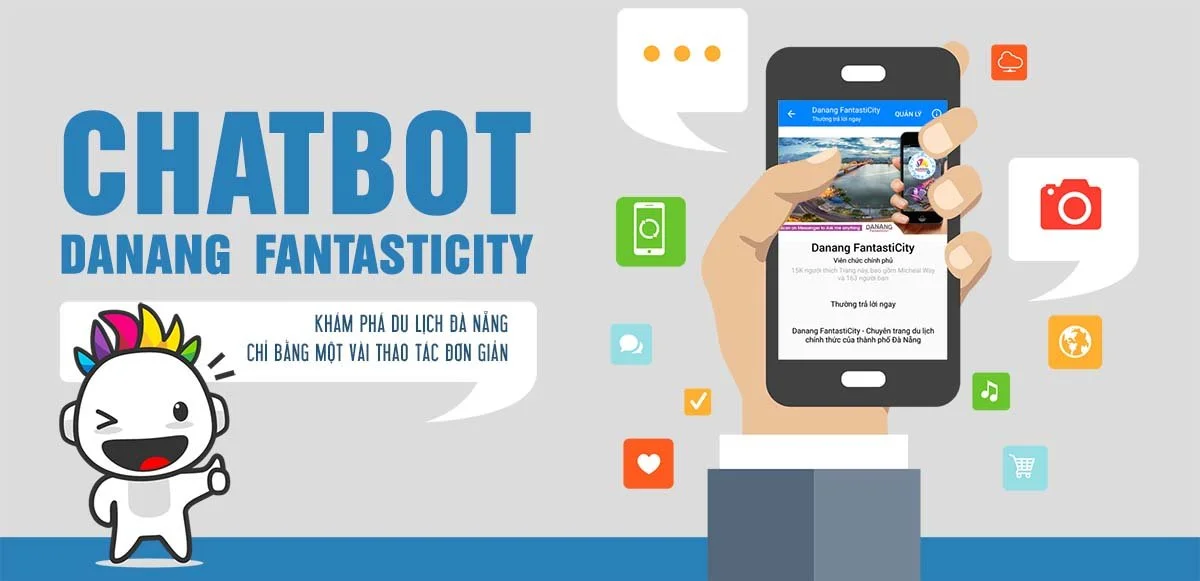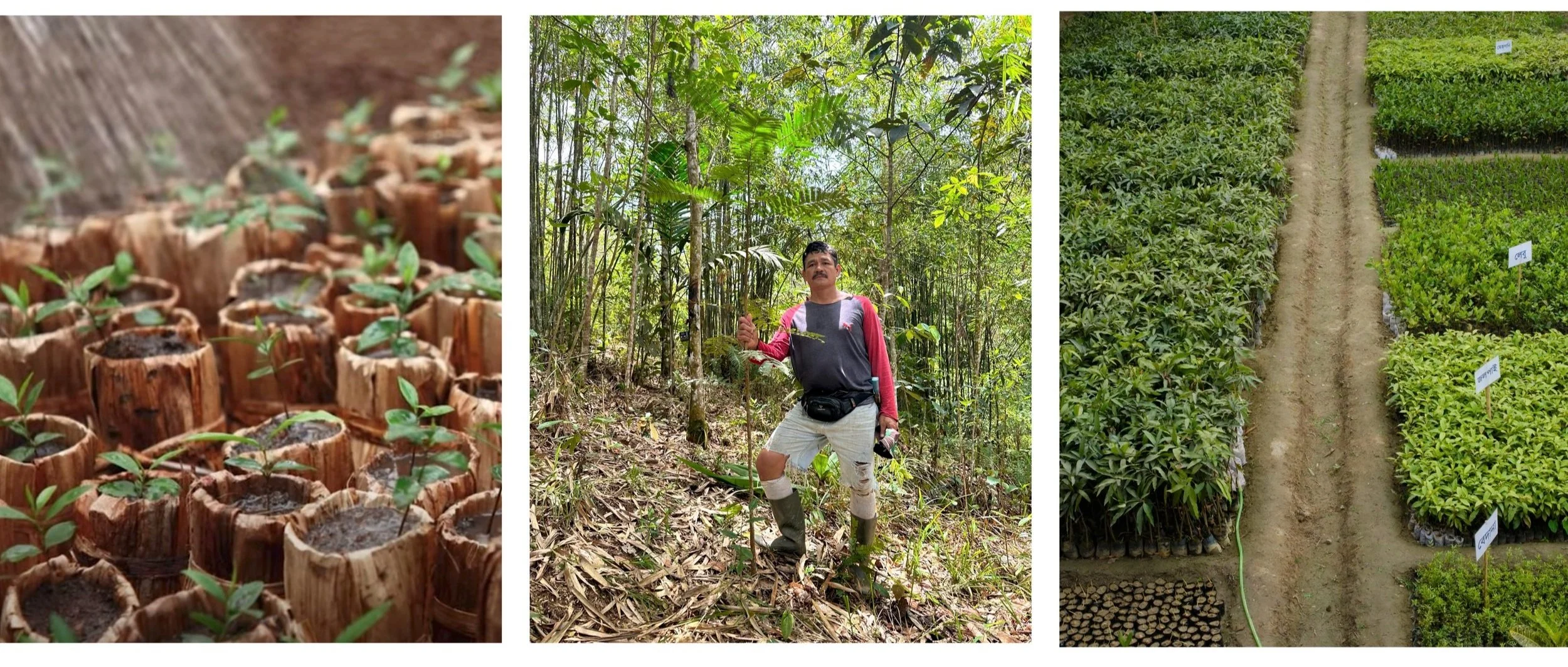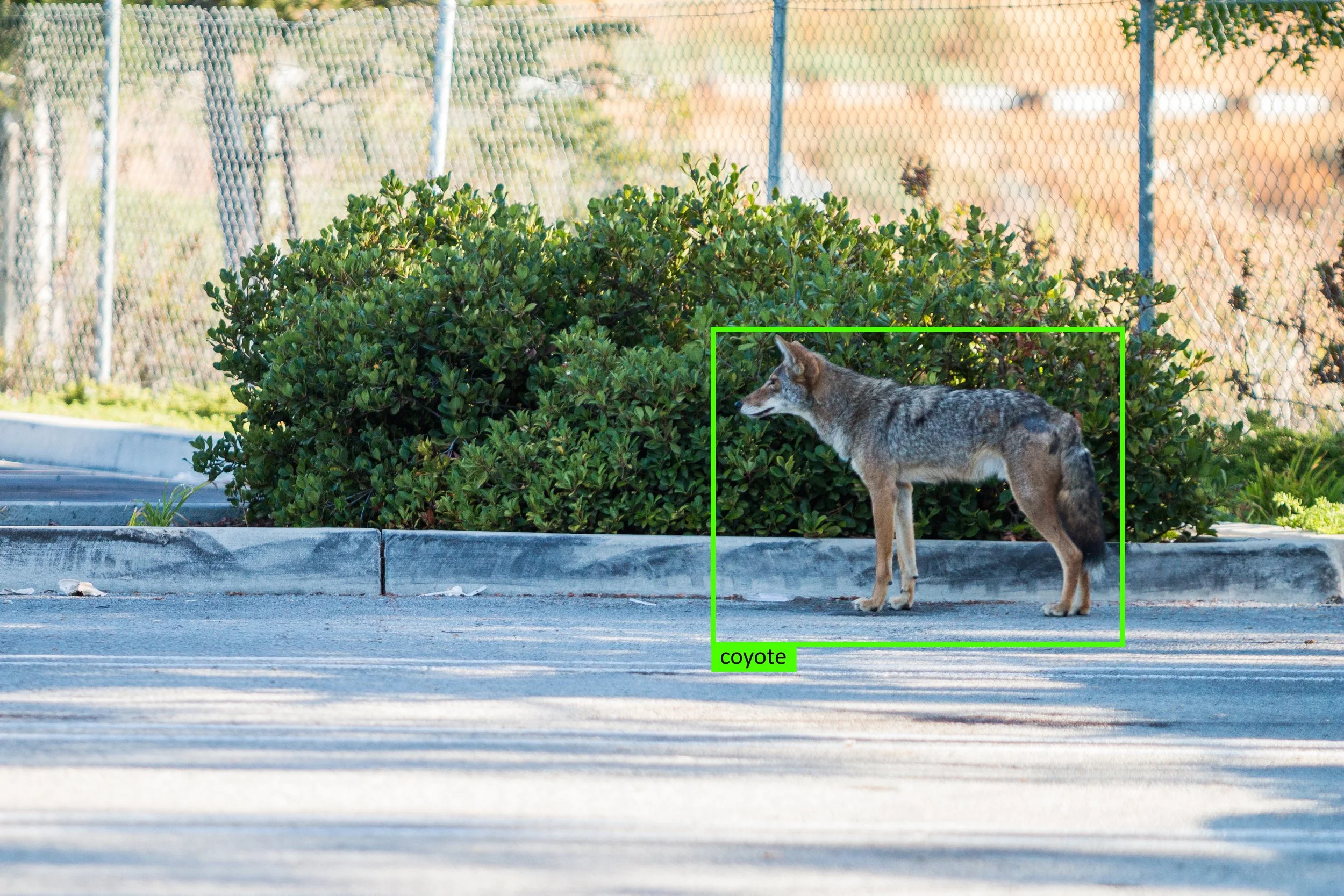AI and Big Data Are Reshaping the Travel Industry, but Not Everyone Is Benefiting
Photo by: Hotel Management Network
The travel sector is currently at an exciting juncture, with Artificial Intelligence (AI) and Big Data reshaping the industry. These technologies provide unprecedented opportunities for personalization, operational efficiency, and sustainability in the travel experience.
AI refers to machines' ability to simulate human intelligence processes, including learning, reasoning, problem-solving, perception, and language understanding.
Big Data, on the other hand, involves the analysis of large volumes of data, often requiring advanced analytics tools to uncover hidden insights and trends.
A Closer Look at the Potential of AI and Big Data
AI offers the travel industry a multitude of possibilities. It elevates the customer experience by automating services like chatbots. But it doesn't stop there. It goes above and beyond by offering personalized recommendations for accommodations and activities, drawing insights from customers' past purchases, reviews, and behavior patterns.
Moreover, AI-powered hotel rooms now offer services like personalized room ambiance, in-room voice assistants, and more.
Big Data also plays a crucial role in sustainable travel, enabling the industry to analyze environmental impact, local economies, and social factors. It can provide insights into consumer behavior, trends, and preferences that are highly useful for efficiently managing tourism resources.
This data can help manage tourist flows, identify over-visited sites, sustain tourism facilities, predict tourism growth, and develop strategies.
Combined, AI and Big Data enable hotels, airlines, travel agencies, and other tourism-related companies to customize and enhance a customer’s journey. Automated check-in, biometric identification, in-flight entertainment, and personalized travel recommendations are some of the ways that AI and Big Data help revolutionize the travel sector.
Case Studies: AI and Big Data in Action
AI and Big Data are revolutionizing the travel industry with remarkable advancements. Here are some case studies that illustrate how AI and Big Data are changing the travel landscape.
Case Study 1: Monitoring Customer’s Preferences with AI
Amadeus, a global travel technology company, uses AI to understand travelers better, analyze their behaviors and predict their actions, and improve the travel experience by offering personalized travel recommendations.
For example, by analyzing vast traveler data, Amadeus can suggest eco-friendly options like direct flights to reduce carbon emissions or eco-lodges for accommodation.
Case Study 2: Integrating ChatGPT-powered Chatbot for an Enhanced Guest Experience
Just this month, The Ascott Limited unveiled a generative AI-driven chatbot to enhance travel planning and booking. Acting as a 'travel buddy,' the chatbot offers valuable travel information such as destination highlights, recommended accommodations, and travel support. Powered by ChatGPT and supported by Microsoft OpenAI and Azure Services, Ascott’s chatbot utilizes real-time data from Bing search, Azure Map (Nearby API), Azure Map (Weather API), and other Azure services. It also incorporates insights from Ascott's website, ensuring an enhanced and technology-enabled guest experience.
Photos by: The Ascott Limited
Statista, a leading market and consumer data provider, reported several online travel agencies (OTAs) also adopting generative AI tools. In February 2023, Trip.com unveiled TripGen, a chatbot powered by OpenAI, currently available in English, Japanese, Korean, and traditional Chinese. This innovative feature allows users to receive personalized recommendations on flights, hotels, and other travel services through the company's mobile app.
Not to be outdone, Kayak and Expedia joined the chatbot bandwagon by introducing plugins powered by ChatGPT. Meanwhile, eDreams ODIGEO partnered with Google's Bard, further fueling the momentum.
Booking.com introduced AI Trip Planner, leveraging existing machine-learning models to recommend destinations and accommodations for travelers. This innovative tool also incorporates OpenAI's ChatGPT API, enhancing the conversational experience for trip planning.
The swift adoption of these tools by prominent OTAs underscores the significant interest in leveraging Generative AI for trip planning, a key area within the travel industry that stands to benefit from this cutting-edge technology.
Photo by: Booking.com
While not powered by ChatGPT, it’s worth highlighting that destinations have been integrating generative AI technology to assist travelers. For example, Da Nang, the tourism hub in Central Vietnam, introduced Danang FantastiCity, joining Singapore as the first two cities in Southeast Asia to offer Chatbot services to visitors. Available in English and Vietnamese, Danang FantastiCity Chatbot is fully integrated with Facebook.
Photos by: Danang Fantasticity
Case Study 3: Optimizing the Supply Chain Transparency
Soneva is exploring the potential of Big Data analytics to gain deeper insights into its supply chain and ensure its vendors uphold Soneva's sustainability standards.
"In monitoring our carbon footprint, we undertake detailed ‘lifecycle assessment’ analysis for a large number of our food items to understand the total impact of production, including factors such as land use, water consumption, social impact, and so on.
This is an extremely time-consuming process that often hinders other companies from engaging in this type of analysis. AI and Big Data really open this up considerably and I am excited by the prospect of enhanced transparency into what we are sourcing and from whom."
Bruce Bromley, CFO and Deputy CEO at Soneva
Case Study 4: Leveraging AI and Big Data for Reforestation
Ecosia Travel is a unique example of how AI and Big Data can contribute to sustainability in the travel sector. This search engine uses these technologies to offer hotel options that directly contribute to reforestation efforts.
When travelers book hotels through Ecosia Travel, the profits are used to plant trees worldwide. AI technology helps filter and recommend eco-friendly accommodations that align with travelers’ preferences. At the same time, the Big Data gathered from users' booking habits and reviews aids in refining these recommendations over time.
This innovative approach provides a personalized travel experience and promotes sustainability by turning everyday travel bookings into environmental action.
Photos by: Ecosia
Case Study 5: Transforming Wildlife Conservation
Wild Me, a non-profit dedicated to biodiversity conservation, leverages AI and crowd-sourced data to track endangered wildlife, contributing to responsible wildlife tourism. They utilize computer vision algorithms and advanced cloud software to identify animal species on the verge of extinction based on their unique markings from photos taken by citizen scientists around the world.
This approach not only helps protect wildlife but also encourages communities to actively participate in preserving biodiversity, ultimately fostering sustainable tourism practices.
Photo by Wild Me
Benefits of Using AI and Big Data
To sum it up, hotels and travel companies can leverage AI and Big Data to enjoy a wide range of benefits. Here are some ways these technologies can help optimize business operations:
Automating routine tasks and customer support services
AI-based chatbots can handle routine queries, allowing staff to focus on more complex tasks and meaningful guest interactions. However, ensuring human assistance is available for intricate issues or personalized service is crucial.
Enhancing the booking experience
AI can streamline the booking process by offering personalized recommendations based on customers' previous bookings and preferences. This allows travelers to book, manage, and modify reservations easily.
Improving hotel management
AI-enabled tools can automate and manage tasks such as room assignments, staff scheduling, and inventory control more accurately and efficiently.
Personalizing room setting
With smart room technology, hotels can automate room settings according to guest preferences, improving comfort and convenience.
Utilizing predictive analytics and demand forecasting
Big Data allows hotels to predict demand accurately, optimizing room pricing. Leveraging big data, destinations also gain insights into tourist behavior and trends. This intelligence informs decision-making, facilitates demand forecasting, and optimizes resource allocation.
Optimizing operations
Big Data analytics can identify operational inefficiencies and enable hoteliers to take corrective action, improving operations.
Implementing predictive maintenance
AI and Big Data can anticipate optimal times for maintenance work, preventing equipment breakdowns before they occur. This minimizes downtime and ensures a seamless guest experience.
Facilitating collaboration and stakeholder engagement
AI and Big Data can foster collaboration among various stakeholders in the travel industry, including governments, businesses, local communities, and tourists. They power platforms that enable data sharing, feedback collection, and collaborative decision-making, creating a sustainable and inclusive tourism ecosystem.
Reducing environmental impact
AI and Big Data can optimize energy consumption, reduce waste, and promote sustainable behavior among guests. For instance, sensor technology and intelligent control systems allow hotels to manage electricity efficiently. Big Data analytics can identify waste-generating areas, leading to measures that reduce waste and promote sustainable practices.
While AI systems require a significant amount of energy for their servers, it’s important to note the potential energy savings and sustainability benefits it provides against its energy consumption. For example, AI can automate and optimize HVAC (heating, ventilation, and air conditioning) systems in hotels, adjusting temperatures based on occupancy and time of day, avoiding wastage in unoccupied rooms and leading to substantial energy savings. Many companies are also now using renewable energy sources, further mitigating the environmental impact.
The key is to ensure that AI and Big Data are used responsibly, focusing on reducing energy consumption and promoting the usage of renewables.
Despite these benefits, it is important to consider ethical implications and data privacy concerns when implementing AI and big data solutions in travel. Transparency, consent, and responsible data management practices are crucial to ensure travelers' and stakeholders' trust and confidence.
How can hotels ensure the privacy and security of their guests' data?
At Soneva, all collected data is anonymized and used exclusively to enhance guest experiences and sustainability initiatives. "We adhere to stringent global data protection regulations, and we regularly review and audit our data handling processes," affirms Bromley.
Adopting AI and Big Data comes with challenges.
Understanding these technologies is the first step towards successfully incorporating them into business operations. Invest in training to ensure your team understands the technologies and how they can be best leveraged.
"Technology is only as good as the people who use it," says Bromley. He observes that AI adoption is still in its early stages, and the current focus primarily revolves around experimenting with ChatGPT and booking engine bots.
"This is obviously going to change and accelerate very quickly, and we have been investing in training programs to ensure our team is well-versed in AI.
We want them to see it as an opportunity to enhance their performance rather than a threat to their roles, particularly in the administrative functions."
— Bruce Bromley, CFO and Deputy CEO at Soneva
The Cost Challenge for Small and Independent Brands
While the benefits of AI and Big Data are clear, the financial investment needed to implement these technologies can pose significant challenges, particularly for small and independent brands in the travel industry.
Large hotel groups with bigger budgets and more resources may find it easier to invest in these technologies. On the other hand, small businesses could face financial constraints and struggle to find the required funding.
However, the focus should not be solely on the initial investment. It's equally important to consider the long-term value these technologies can create.
Moreover, with the increasing availability of affordable AI and Big Data solutions, these technologies are becoming more accessible to small businesses.
Overcoming financial challenges is just one part of the journey. Small and independent brands also need to build technical capabilities, find the right talent, and develop strategic partnerships to leverage AI and Big Data effectively.
This transformational journey requires a clear vision, a well-defined strategy, and a commitment to continuous learning and adaptability.
Looking Ahead: AI and Big Data's Role in Sustainable Travel
AI and Big Data can play an increasingly important role in driving sustainable tourism. Humans are in the driver’s seat, and the travel and hospitality industry has an opportunity to leverage these technologies and their associated data-driven insights to improve the efficiency of operations, reduce waste, and promote responsible tourism practices.
Going forward, the potential applications of AI and Big Data analytics are vast — from AI-assisted facial recognition technology for contactless check-ins to optimized room service and improved safety and security protocols.
These technologies hold immense capability to empower hoteliers and travel professionals to adopt a proactive and transparent approach to managing their operations and resources, enabling them to exceed guest expectations while minimizing their environmental footprint.
"There’s no doubt in my mind that AI and Big Data will play an intrinsic role in the future of sustainable hospitality, both in operations and the guest experience.
As the technology becomes more accessible and benefits more apparent, I anticipate a rapid adoption phase, where AI-driven solutions become the industry standard."
— Bruce Bromley, CFO and Deputy CEO at Soneva
Interested in reading more stories like above?
Subscribe to our newsletter and be among the first to receive agenda-setting analysis and advice in your inbox.


